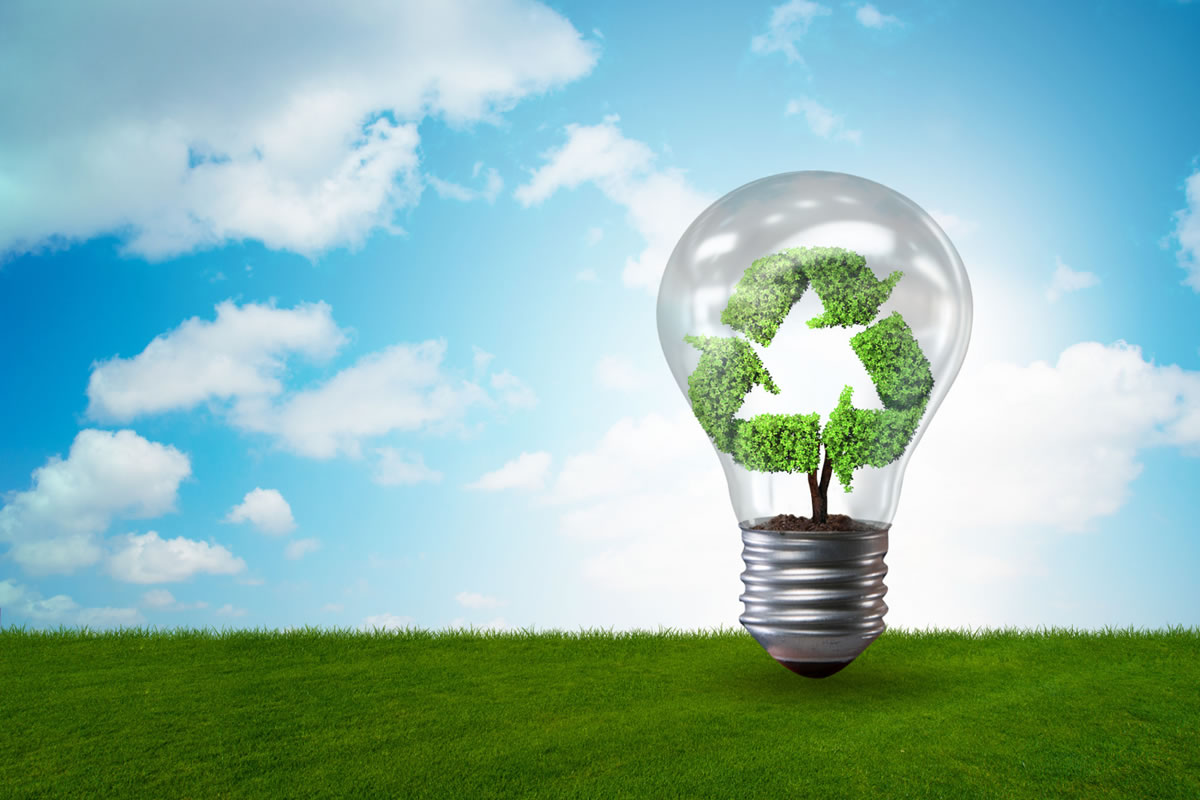
Recycling is essential. Most people realize the importance of recycling, though they may not realize why it is so important. It is a beautiful way to divert waste from overfilled landfills that are already overrun with trash, but recycling can do much more than that. Recycling has a wide range of long and short-term benefits. Our recycling center in New Jersey offers a closer look at recycling and why it is vital.
Recycling is employing used materials to turn them into something new. Recyclable materials are delivered to facilities, sorted, cleaned, and processed back to their original form. For example, things like plastic and paper are either shredded and turned into pulp or melted down to create new raw materials to produce new products. You can recycle many items.
The most common materials that everyone knows are paper, plastic, glass, cardboard, and metal, but there are other materials that people don't realize are recyclable. Old computers, tires, and inkjet cartridges are a few examples. In recent years, many states have written laws prohibiting people from sending E-waste to landfills. This means things like cell phones, televisions, computers, and toasters should be disposed of through recycling.
Plastic can take thousands of years to break down completely when disposed of in a landfill. Through recycling, you positively impact the world around you in many ways.
Cell phones, inkjet cartridges, and computers are made using toxic chemicals and heavy metals. When disposed of in landfills, toxins are leached into the soil. These toxins can destroy ecosystems, contaminate groundwater, and negatively impact wildlife and humans. In addition, when many of these items are exposed to heat, they release hazardous chemicals into the atmosphere, causing damage to the air. Recycling will help ensure that you do not contribute to this problem. In addition, recycling these items ensures that they are appropriately processed and do not end up in landfills.
There is the powerful equipment to help process and sort materials in recycling facilities. However, these facilities still require individuals to operate the equipment. They also need human resources to help pick out materials that are non-recyclable and ensure that all items go to the proper place. In addition, recycling helps create jobs for people in your community. This process can help provide people with access to better-paying jobs, lower unemployment numbers, and give individuals the opportunity to have health insurance, living wages, and other benefits.
Many organizations and charities raise money with recycling programs. Some work closely with recycling facilities and obtain compensation for any recyclables they collect. For example, many schools accept toner and inkjet cartridges for recycling and receive payment when they have them recycled. Donating your unused household items and clothing to charitable organizations is another form of recycling. For example, when you contribute to the Salvation Army or other thrift stores, they resell the items to raise money for funding their operations. The funds they raise can also be used for community outreach programs.
Recycling helps preserve the planet for future generations and protect the environment. Through recycling, you can reduce your contribution to the trash taking over our world.
Recycling and reusing materials to make new products conserves natural resources, like oil, water, and timber. In addition, it limits the amount of extraction and mining needed to remove raw materials from the planet. Using recycled materials to manufacture new products is a sustainable alternative to consistently producing products with natural materials.
Greenhouse gases like nitrogen, carbon dioxide, and sulfur are released into the air during the waste disposal process. The recycling process requires minimal combustion and makes it easy to create reusable materials with a decreased environmental impact. The recycling process and developing new products from these materials emit lower greenhouse gases because the facilities involved use fewer fossil fuels.
A massive problem in America is overflowing landfills. These landfills are a significant component of environmental degradation that worsens the fuller they become. Landfill sites can cause water and ground pollution, potentially destroy ecosystems nearby, and cause many different health problems.
Our recycling center in New Jersey helps keep this waste out of landfills. These are just some of the benefits of recycling. Contact us today for further information.